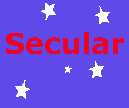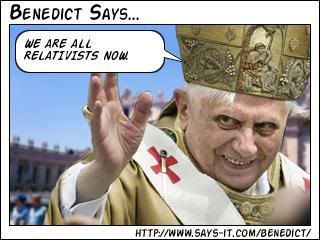Something nerdy this way comes . . .
Much has been made of the influence of Catholicism on The Lord of the Rings, but I can't believe--having read the book more than a dozen times in my younger years--that I didn't recognise sooner all the references to Macbeth:
1) The Mirror of Galadriel (The Fellowship of the Ring)= The witches' cauldron in Act IV, Scene 1.
2) The prophecy regarding the fall of the Witch King (The Return of the King) = The prophecy of the Second Apparition (the bloody Child): "Be bloody, bold, and resolute./Laugh to scorn/The power of man, for none of woman born/Shall harm Macbeth."
3) The Huorn-attack on Isengard and Helm's Deep (The Two Towers) = The prophecy of the Third Apparition (the Child crowned, with a tree in his hand): "Macbeth shall never vanquished be, until/Great Birnam Wood to high Dunsinane Hill/Shall come against him."
4) Frodo's vision at Tom Bombadil's house of the line of the Dunedain, the last (Aragorn) wearing a star on his brow (Fellowship) = The final vision in the witches' cauldron: "A show of eight Kings, and Banquo last, with a glass in his hand."
5) The return of the king = Malcolm's return to Scotland.
6) The Black Breath (Return of the King) = Malcolm (referring to a disease known by the scientific name of scrofula): "'Tis called the Evil." (Act IV, Scene 3, line 162)
7) "The hands of the king are the hands of a healer" (Return of the King) = Malcolm again: "A most miraculous work in this good King;/Which often, since my here-remain in England,/I've seen him do. How he solicits heaven,/Himself best knows; but strangely-visited people,/All swollen and ulcerous, pitiful to the eye,/The mere despair of surgery, he cures;/Hanging a golden stamp about their necks,/Put on with holy prayers: and 'tis spoken,/To the succeeding royalty he leaves/The healing benediction. With this strange virtue/He hath a heavenly gift of prophecy;/And sundry blessings hang about his throne/That speak him full of grace." (Act IV, Scene 3, lines 163-175).
8) The loophole by which means Eowyn slays the Witch King: "No living man am I! You look upon a woman." = The loophole by whic means Macduff, who "was from his mother's womb/Untimely ripped," slays Macbeth (Act V, Scene 8, lines 19-20)
I can't claim credit for any of this, of course. But I did find the references on my own before I discovered that someone else--maybe many others--beat me to it.


















|